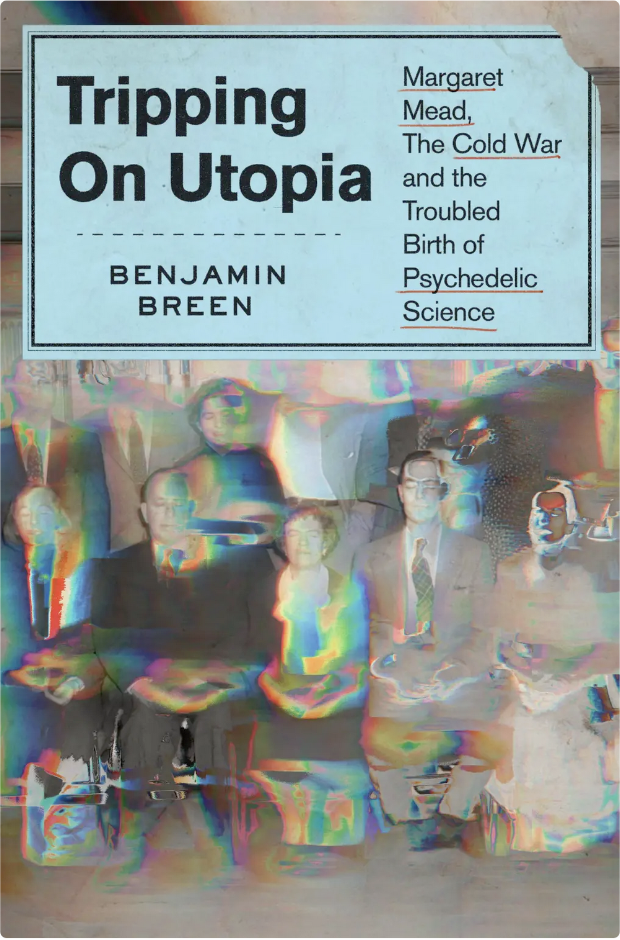Could Gilgamesh soon have a ketamine drug ready for at home use? Plus the Ukraine military experiments with ibogaine.
The Intercept featured a story on how the Ukrainian military is experimenting with ibogaine to treat traumatic brain injuries.
For this to happen, the Ukrainian military partnered with Irvin Dana Beal, a longtime ibogaine advocate. Beal recently traveled to Ukraine to help launch the project. Oleksii Skyrtach, a Ukrainian military psychologist, provided Beal with a letter for immigration authorities allowing him to move through customs with the drug. Here’s more: https://theintercept.com/2024/01/17/ukraine-military-psychedelic-drug-ibogaine/
Gilgamesh, one of our earliest portfolio companies, announced its first peer-reviewed publication for its oral ketamine analog, GM-1020, which is designed to have reduced dissociative/sedative properties, potentially making it suitable for at-home use.
GM-1020 was developed to address two major shortcomings of ketamine: poor oral bioavailability and the narrow therapeutic index (TI) between antidepressant and ataxic/sedative doses. These features of ketamine require medical monitoring within a clinical setting. Preclinically, GM-1020 has greatly improved oral bioavailability and a wide margin between doses that produce antidepressant-like and ataxic effects.
Translation of these findings to humans would represent a major improvement over traditional ketamine therapy for depression, while enabling greater patient access to a rapid-acting antidepressant. Check it out: https://www.nature.com/articles/s41386-023-01783-1
Indiana’s Senate Health and Provider Services Committee unanimously approved a bill that would fund clinical research trials into psilocybin, making two relatively minor amendments before advancing the legislation.
Senator Ed Charbonneau, the bill’s sponsor said the committee needs to “take a look at something like this that is so important to our veterans with PTSD and many other issues.” Here’s more: https://www.marijuanamoment.net/indiana-senate-panel-unanimously-passes-psilocybin-resear
Did you know that anthropologist Margaret Mead and her husband Gregory Bateson formulated a vision for utopia that relied upon plant-based psychedelics?
According to historian Benjamin Breen, author of the new book Tripping in Utopia, Mead's research began as an effort to understand the science of expanded consciousness and hypnosis. Her specific interest in psychedelics took hold in 1930 when, while doing fieldwork on the Omaha Reservation in Nebraska, she noticed that people of the reservation were using peyote. Rather than concluding that peyote was an ancient tradition predating the modern era, she came to see it as something very modern. She believed peyote helped the Omaha – and potentially the rest of the world – cope with the rapid technological changes they were going through at the time. Check it out: https://www.npr.org/2024/01/16/1224894129/margaret-meads-psychedelics-benjamin-breen-tripping-on-utopia
